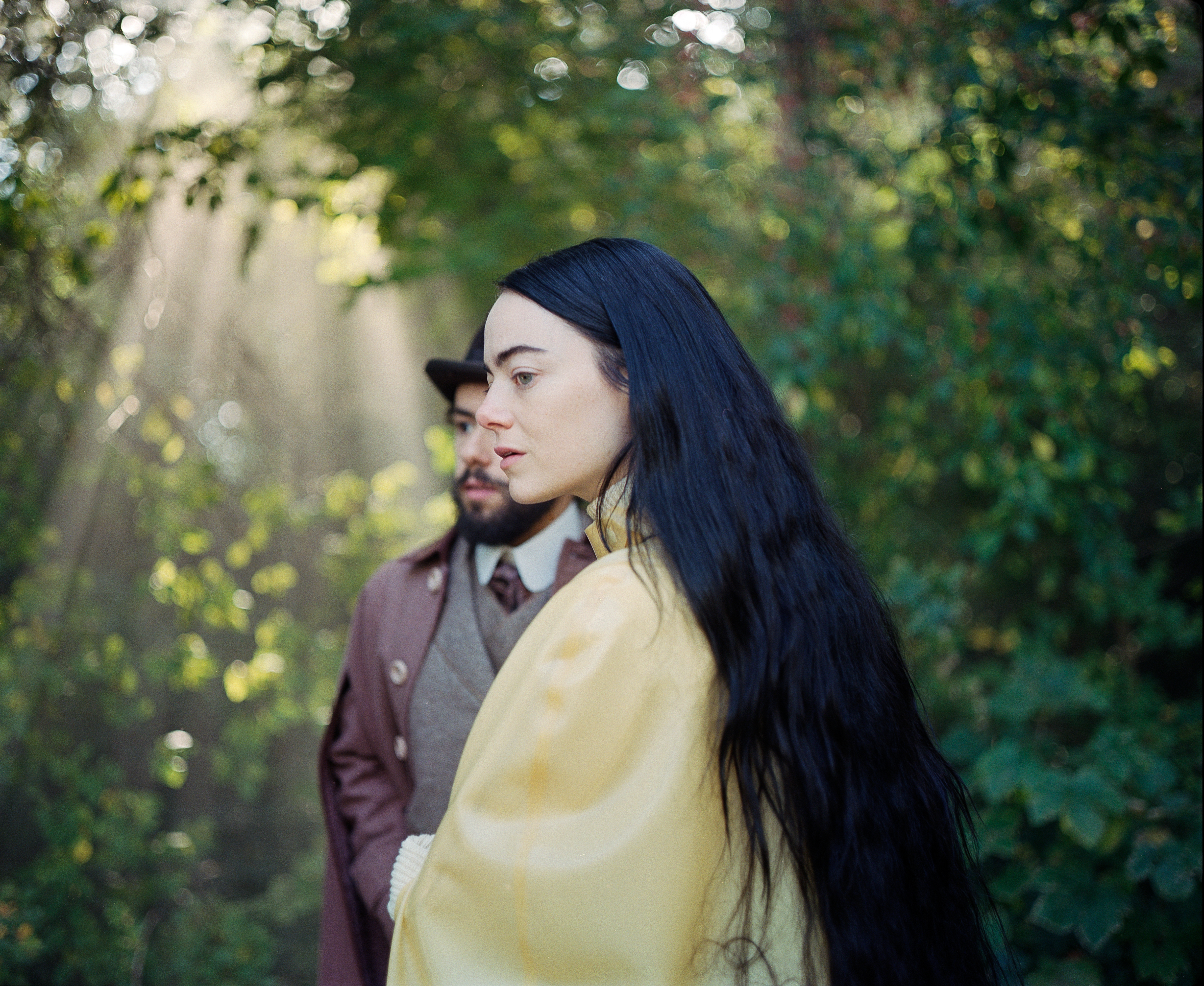THE LAST DUEL
Even if there is no way of telling that what The Last Duel portrays is entirely how the events took place, or as authentic as it seems to be in depicting middle ages, one thing is certain: it belongs to Ridley Scott’s better works, and proves that the 84-year-old filmmaker is still able to deliver memorable films.
 |
Adapted by Ben Affleck, Matt Damon and Nicole Holofcener from Eric Jager’s non-fiction book of the same name, this film is the dramatization of a historical study about the last “judicial duel” that occured in France in 1386, an event that has reached a legendary status in French medieval tradition.
The dramatization takes on a three act narrative frame that resembles partly that of Kurosawa’s masterpiece Rashomon: three chapters narrate the events, each from the point of view of one of the three protagonists, the two duellists and Marguerite. It might be Scott’s least linear film, as well as his most complex in its construction, since his films have virtually all been very linear and direct in the past. The alternative points of view lead to three very distinct narratives that cross only in some scenes, and what is striking about it are the different facets and nuances of the scenes that are in common: no repetition is truly a repetition, all scenes are filtered from the standpoint of one on the characters. Jean de Carrouge (Matt Damon) clearly interprets the events from the perspective of a feudal warrior bound to honour, Jacques le Gris (Adam Driver) seems to be influenced by the conventions and steamy undertone of courtois literature. The film makes very clear which of the three perspectives conveys the truth.
The impressive ensemble cast features not only Matt Damon and Adam Driver, both consistent in portraying ambiguous characters, but also a wider ensemble worthy of note: Ben Affleck as Pierre d’Alençon, Alex Lawther as King Charles VI, who managed to convey in his brief scenes the sense of the impending madness that he will be remembered for, but the actor whose performance is most worthy of recognition is Jodie Comer in her role as Marguerite de Carrouges, she truly shines in this film in a role that often required non-verbal acting.
This is probably Scott’s most brutal historical film since The Gladiator (if the theatrical versions of Robin Hood and Kingdom of Heaven are to be considered). Among the unfiltered sequences of violence are the very gruesome final duel, the enactments of several battles – it’s the middle of the hundred years war - as well as the on-screen depiction of the rape of which Marguerite accuses Jacques Le Gris, although not as brutal as films such as Gaspar Noè’s infamous Irreversible. However, the presence of gore and violence is not gratuitous or over-the-top, it is merely to integrate the concrete and raw atmosphere of the film.
The Background elements of the production design by Arthur Max, or the marriage ceremony performed by the priest through a gregorian chant, or even the subtle hints at the widespread analphabetism among the noble class, the aerial shots of late XIV Century Paris that feature a much smaller city, are all tiny details that point at a coveted historical authenticity. The almost word-by-word, blow-by-blow adherence to the accounts of the duel seem to confirm such an achievement, and is in a way reminiscent of Scott’s debut film The Duellists, known for its methodical reconstruction.
Ultimately, the most surprising aspects in this medieval drama are the parallels that can be drawn with the contemporary world, despite the depiction of a very different social system. The incrimination of the victim, the patriarchal attitude towards women in matters of sexual nature, even the licentious behaviour of the richer aristocracy, are just some of the resemblances of this ancient world to some of the most pressing contemporary themes of western society. It is more than likely that these clues have been included with that very purpose by Affleck, Damon and Holofcener, even if most of these discriminations are indeed deeply bound to real medieval beliefs.
Therein lies however the true essence of this film’s stance: the idea that through the study of history more can be learnt about the contemporary world, the past as a mirror of the present.


Comments
Post a Comment